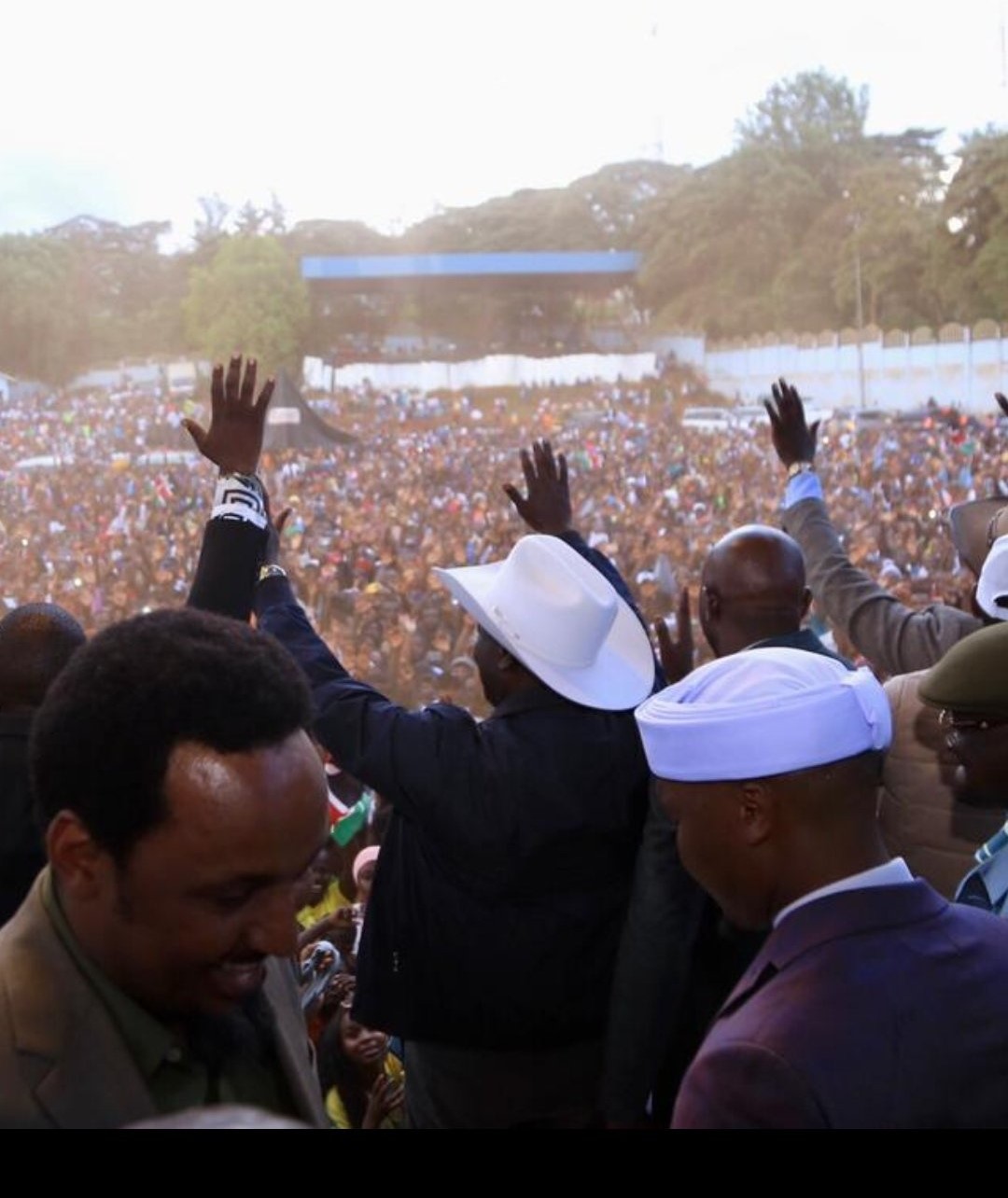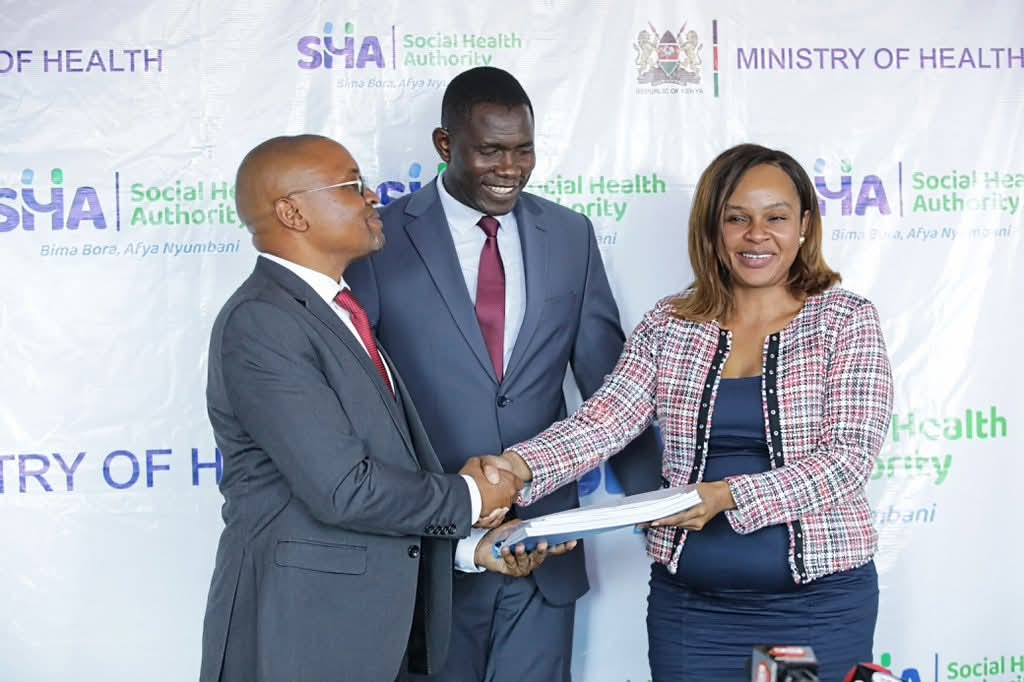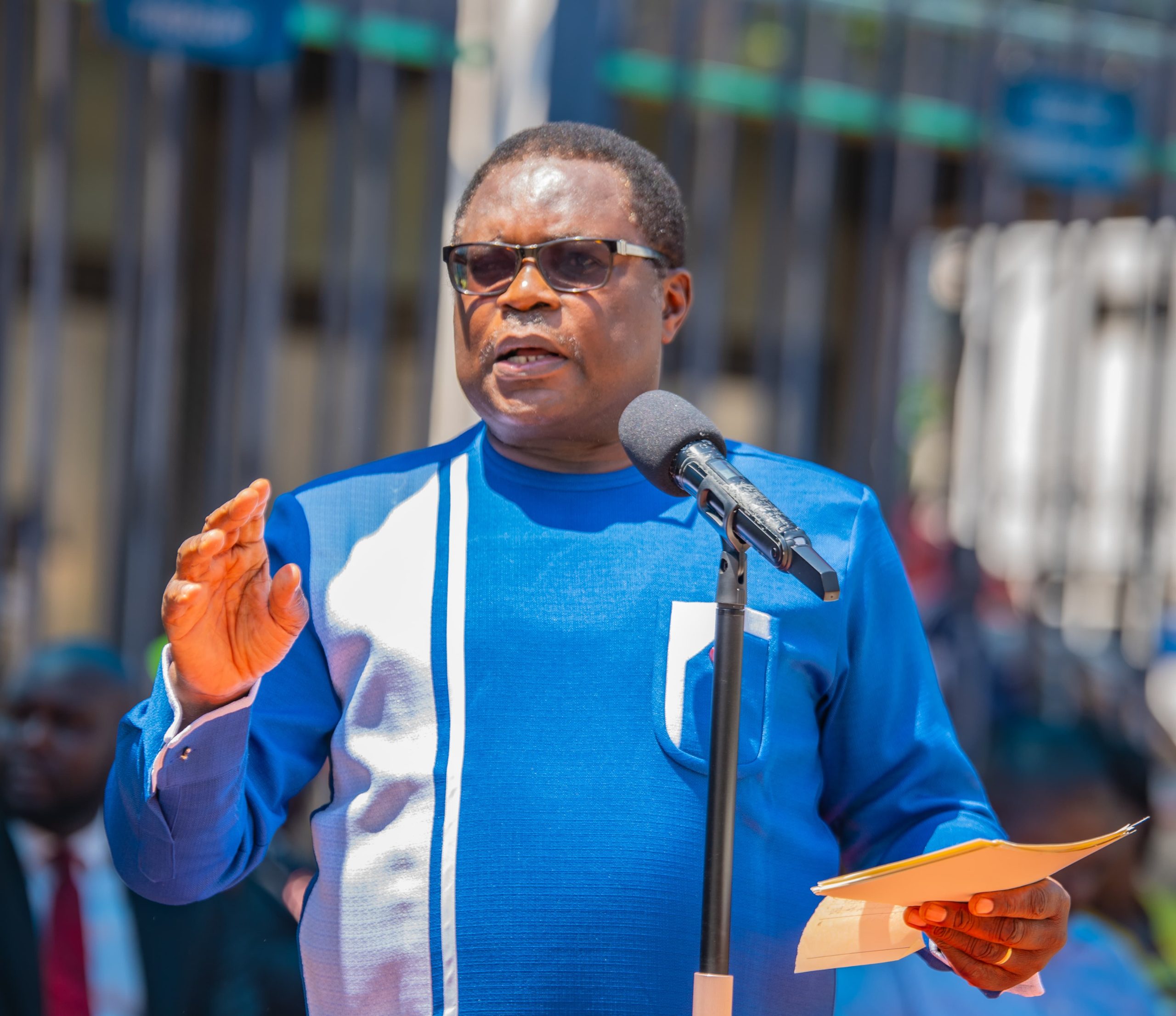By TWV Political Correspondent
A year after forming the now-struggling opposition alliance, coalition insiders report divisions over campaign financing. Key opposition leaders cannot agree on a unified funding strategy, raising concerns about the alliance’s future ahead of the 2027 General Election.
Coalition insiders told The Weekly Vision that a senior opposition figure shows little interest in funding alliance activities but seeks to use the platform to boost their presidential ambitions. This has alarmed colleagues, some arguing that the alliance’s greatest threat is not selecting a flag-bearer but the lack of a coherent financing model for political activities before the 2027 candidate nomination.
Disagreements are also surfacing over how the limited campaign resources are being used. Some leaders reportedly worry that too much money is spent on rallies and mobilization efforts. Others view their colleagues as opportunistic “joy-riders” who contribute little financially yet expect political benefits.
A closer examination shows that most potential opposition candidates face significant financial constraints. Wiper Party leader Kalonzo Musyoka, for example, has historically relied on a network of Kamba professionals, clergy, and local business leaders. However, many of his key financiers from the 2002 campaign are no longer active; some have died, while others, like former Machakos Senator Johnson Muthama, have fallen out with him.
Whether Kalonzo runs independently or becomes the unified opposition candidate, political analysts say he will need substantial external funding to pose a credible challenge against President William Ruto.
Insiders claim that former Deputy President Rigathi Gachagua, who retains government influence, is covertly funding certain opposition activities. Although Gachagua has a strong financial base, it is unclear whether he can or will sustain this support until 2027. His ability to do so may hinge on whether he becomes the coalition’s preferred candidate or is sidelined.
Dr. Fred Matiang’i, former Interior Cabinet Secretary, appears financially stronger than many opposition counterparts. Backed by wealthy Kisii tycoons and former President Uhuru Kenyatta’s network, including the Kenyatta family, Matiang’i is widely seen as financially stable. In 2022, former President Kenyatta reportedly injected billions of shillings into Raila Odinga’s campaign, and insiders suggest he may offer similar support to Matiang’i.
Meanwhile, aspirants such as Martha Karua of the People’s Liberation Party and Eugene Wamalwa of DAP-K face significant funding limitations. Despite their presidential ambitions, they currently lack the financial resources to run a competitive campaign.
As the 2027 elections approach, the opposition may rally behind a single candidate. However, political analysts warn that disputes over how campaign funds are raised and spent could further weaken the already fragile alliance, leaving it vulnerable and disorganised against a well-funded incumbent.





